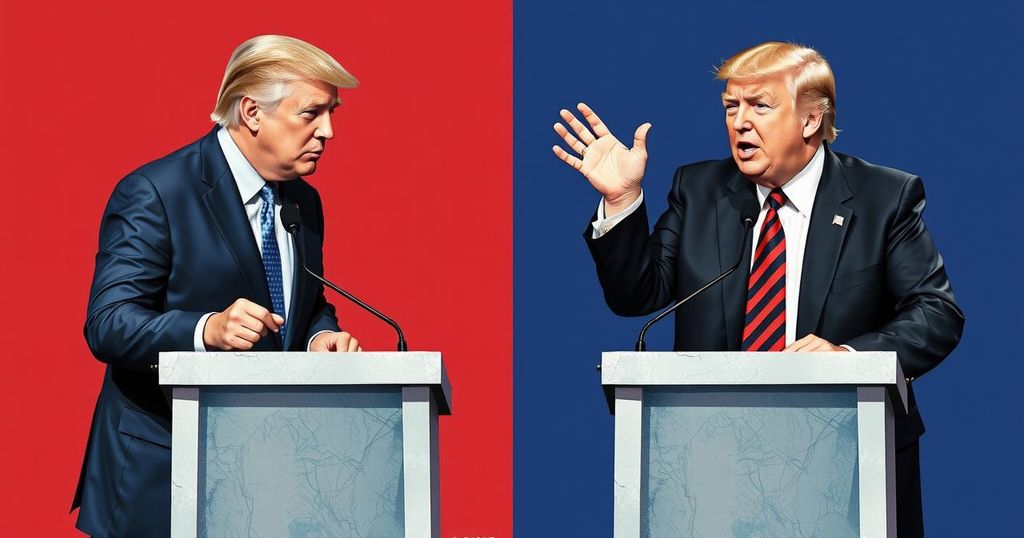Outgoing President Biden is enacting a ban on oil drilling to cement his climate change legacy before Trump takes office. The former president is expected to reassess U.S. support strategies for Ukraine and Israel and address NATO spending among allies. Trump’s pragmatic approach may conflict with established foreign policy norms, leading to a challenging governance environment influenced by a Republican-majority Congress.
In the waning days of his presidency, Joe Biden is pursuing a ban on oil drilling in the coastal waters of the Atlantic, Pacific, and Gulf of Mexico. Observers view this as a strategic move to cement his legacy of combating climate change and achieving net-zero carbon emissions by 2050. Under the existing legislation, this ban would be immune to revocation by Donald Trump, who dismisses climate change as a non-issue. The implications of Trump’s presidency could further isolate the U.S., the world’s largest emitter of greenhouse gases, if he rejects international climate change strategies introduced by Biden.
Moreover, Biden has firmly supported Ukraine in its ongoing conflict with Russia, an approach Trump is expected to alter. The former president’s pragmatic stance, devoid of the traditional Western ideological dichotomy of democracy versus autocracy, raises questions about his ability to leverage personal ties with President Vladimir Putin to resolve the conflict. Amidst this, Trump advocates for NATO allies to increase defense spending to 2% of their GDP, posing significant challenges for economically diverse European nations.
In terms of U.S.-Israel relations, Trump’s administration is likely to maintain robust support for Israel, contrasting with Biden’s half-hearted threats to withhold military aid in response to civilian casualties in Gaza. Biden’s attempts to broker a humanitarian ceasefire reflect a nuanced engagement strategy that Trump may abandon altogether. Navigating critical global conflict zones, from Ukraine to Taiwan, Trump’s simplistic trade policies and adjustments to tariffs will be tested against established U.S. foreign policy norms.
The presence of a Republican majority in Congress may complicate Trump’s capacity to enact his proposed policies, with a need for negotiation with legislators who understand the complexities of governance better than he does. Thus, Trump’s approach must be adapted to encompass more sophisticated diplomatic strategies, balancing his trademark straightforwardness with the intricate realities of international relations.
The transition from Biden to Trump marks a significant shift in U.S. domestic and foreign policy. Biden’s initiatives focus heavily on climate change and international aid, particularly towards Ukraine and Israel, emphasizing sustained support for allied nations. As Trump prepares to take office again, his historically pragmatic approach juxtaposes against Biden’s progressive measures, creating uncertainty regarding future U.S. engagement on global issues and pivot points around climate policy and international alliances.
In conclusion, Biden’s efforts to counter climate change and support foreign allies set a contrasting stage for Trump’s pragmatic approach. While Biden seeks to leave a legacy of environmental responsibility, Trump is poised to challenge these priorities, particularly in relation to NATO spending and U.S. assistance to Israel and Ukraine. The complexities of international policy and Congressional dynamics will significantly influence Trump’s ability to implement his agenda. This juxtaposition illuminates diverging perspectives on governance and the nature of American leadership in the global arena.
Original Source: www.gulftoday.ae






